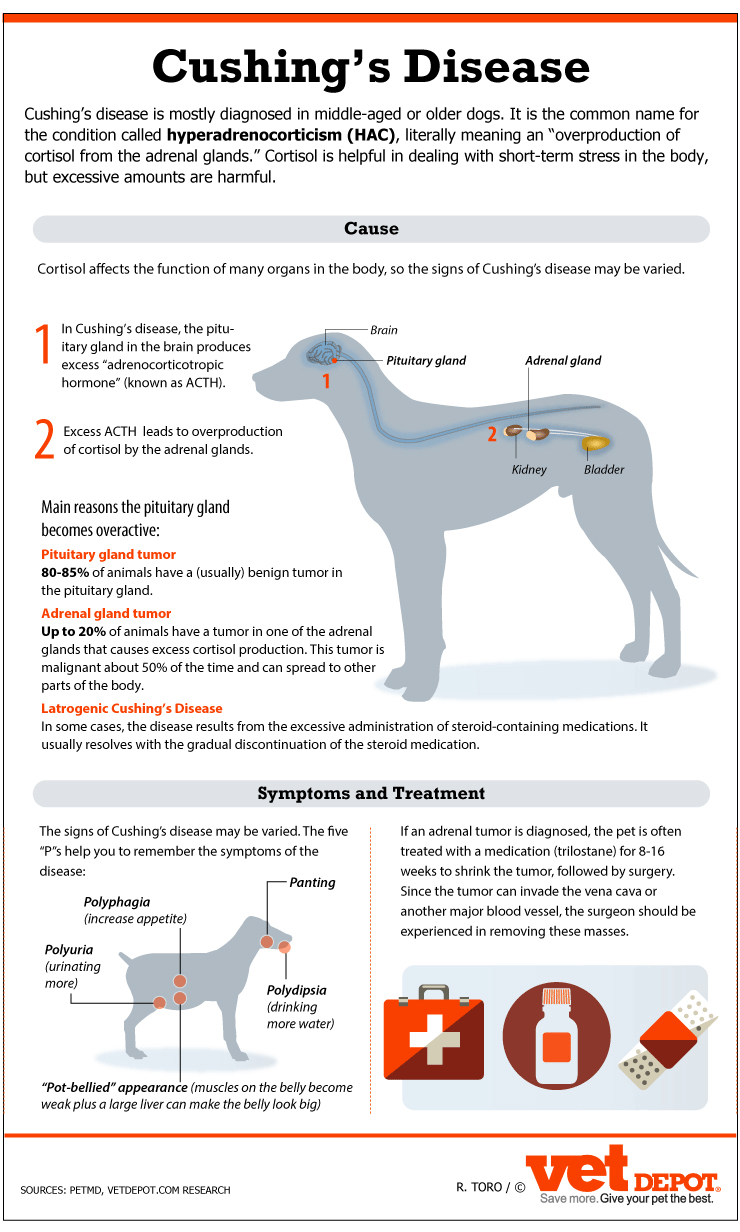
This post may contain affiliate links. We are compensated for referring customers to our affiliate partners.
Dog owners know that there’s nothing worse than having a sick canine. Since our four-legged friends can’t speak our language, as much as we’d like them to, sometimes identifying a problem in a dog who isn’t acting as spritely as usual can be a difficult thing. One class of illnesses that can often go undiagnosed until the symptoms become painful, are problems with urinary tract problems in dogs, such as a urinary tract infection in dogs and kidney stones.
What is a Urinary Tract Infection?
A urinary tract infection (UTI) can take place anywhere along the urinary tract, and your dog is particularly susceptible to such infection when his or her immune system is already weakened. UTIs are typically caused by the bacteria E. Coli, and result from the bacteria gathering on the outside of the urethral opening, and they tend to move up the urinary tract towards, and sometimes into the bladder or kidneys, which can result in very serious complications. Another symptom that dogs with UTIs often exhibit, is the presence of kidney stones, or crystals in the urine, that can create a favorable environment for bacteria to collect. All UTI-related problems are likely to be very painful for your dog, so it’s important to recognize the symptoms and have a veterinarian diagnose the illness and help you treat your dog accordingly.
Overview Of Urinary Tract Problems In Dogs
How do I Know if My Dog has a Urinary Tract Infection?
Common symptoms of lower urinary tract problems in dogs – meaning an infection no further up the system than the bladder– include: difficulty urinating, more attempts than usual to urinate, dribbling of urine, breaking housetraining, licking around the urinary tract opening, and blood in the urine, as well as foul smelling, discolored urine.
If the infection is more local to the kidneys; an upper urinary tract infection, your dog may have trouble with eating and appetite, might exhibit weight loss symptoms, and may vomit more than usual. If an upper UTI becomes more serious, your dog may become lethargic, have a fever, and/or experience soreness in the abdomen.
Both types of urinary tract problems in dogs are very dangerous if left untreated. UTIs are more common in female dogs than male, but if a male dog has a urinary tract infection, it could become life-threatening. If your dog displays any symptoms of a UTI, you should take him or her to a vet immediately.
How To Tell If Your Dog Has A Urinary Tract Infection
Treating a dog with a UTI
If a veterinarian does diagnose your dog with a urinary tract infection after running tests, there’s a good chance that they will prescribe antibiotics to treat it. However, assuming that antibiotics will completely eliminate health problems for your dog is not safe to do. In general, UTIs are caused by an existing health issue, some of which are caused by diet and water intake. Making sure that your dog’s diet is conducive to maintaining urinary tract health is absolutely crucial, especially when pre-existing conditions, such as diabetes, may be responsible for the UTI to begin with. Thankfully there are a variety of dog foods available that are specifically designed to promote urinary tract health. A huge factor in preventing continued urinary tract problems in dogs is daily water intake, so switching to wet or moist food is highly recommended, otherwise a dry food specifically designed to help treat and prevent UTIs.
If your dog has a lower urinary tract infection and bladder or kidney stones are present, a low-quality food that is high in grains and fillers could be partially responsible. A diet that is high in cereals can increase the alkalinity of your dog’s urine, which increases the chances of struvite crystal formation. Reducing the amount of grain in a dog’s diet, along with increasing water intake, and buying a high quality, protein-rich food, should help. Prescription foods, that a doctor would likely prescribe in the event of your dog being diagnosed with a UTI, contain compounds that decrease the saturation of struvite in your dog’s diet. These prescription foods help dissolve crystals to prevent kidney stones and reduce the risk of further infection.
Home Remeides For Urinary Tract Problems In Dogs
Good Dog Foods for UTI Treatment
Royal Canin Veterinary Diet Urinary SO
Royal Canin Veterinary Diet provides a line of dog food that is specifically made to promote urinary health in dogs that have had issues. Royal Canin’s Urinary SO blend is a food that would likely be prescribed by a doctor if your dog has a urinary tract infection and/or kidney stones, because its ingredients not only prevent stone formation and buildup, but also contain controlled amounts of Omega-3 fatty acids, magnesium, phosphorus, and protein to maintain a healthy immune system in general. After eating this food, your dog’s urine production should increase which will help to prevent more problems.
Blue Natural Veterinary Diet WU Weight Management + Urinary Care
Blue Buffalo’s Veterinary Diet WU is an excellent choice for urinary health, as it is a grain-free option. It also has increased fiber, which limits the formation of struvite and calcium oxalate uroliths. Blue Natural is a great option, as well, as it does not contain artificial colors, flavors or preservatives.
NaturVet – Cranberry Relief Plus Echinacea Soft Chew
NaturVet provides a treat that contains ingredients that are fantastic in preventing and treating urinary tract problems, such as cranberry. Cranberry prevents bacteria from attaching to the urinary tract, so it can be a saving grace for a dog experiencing urinary pain. The other main ingredient in this soft chew is echinacea, which boosts overall immune health. All of the natural ingredients in this treat are sure to leave your dog feeling happy and healthy.
If you suspect your dog have a UTI, make sure to take them to the vet and considering switching their diet to these good dog foods.

